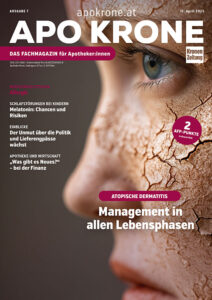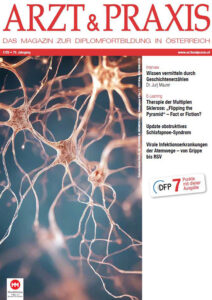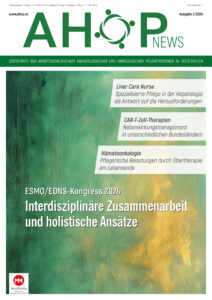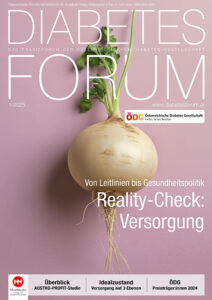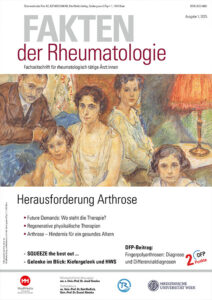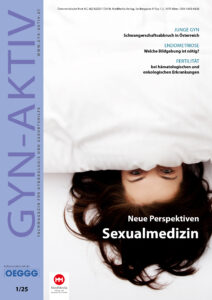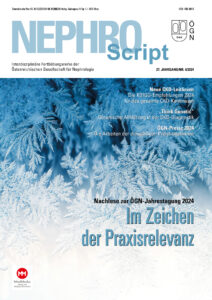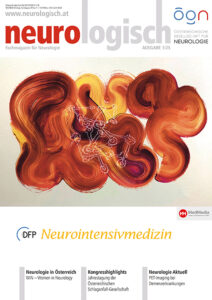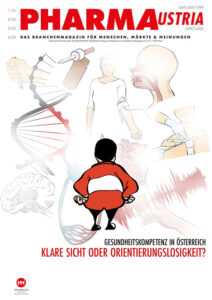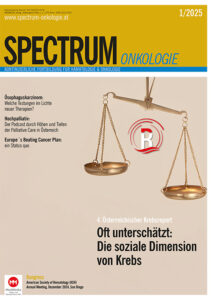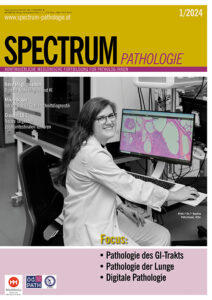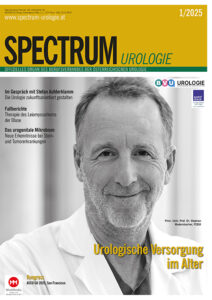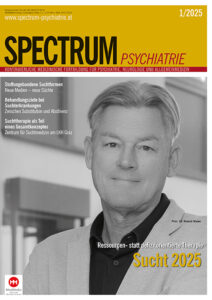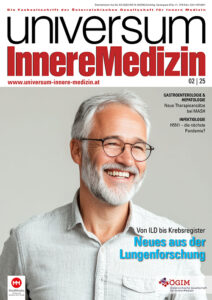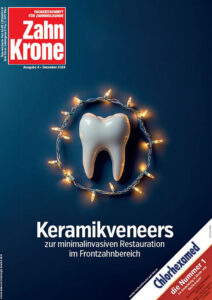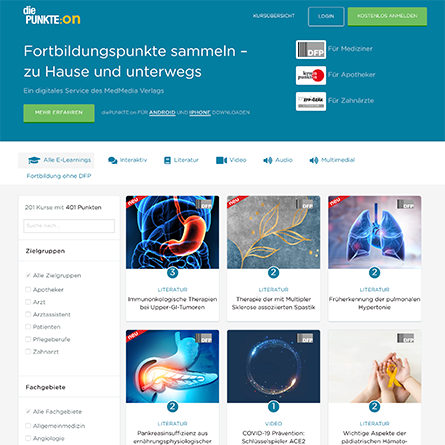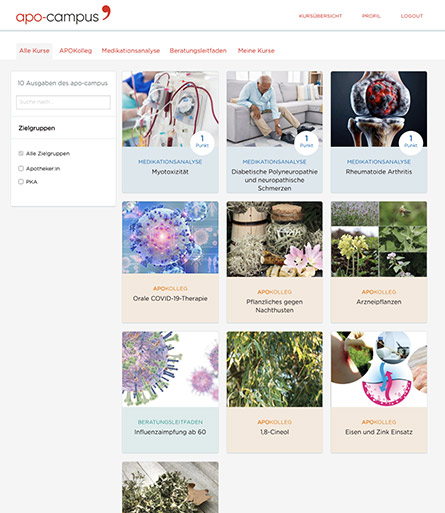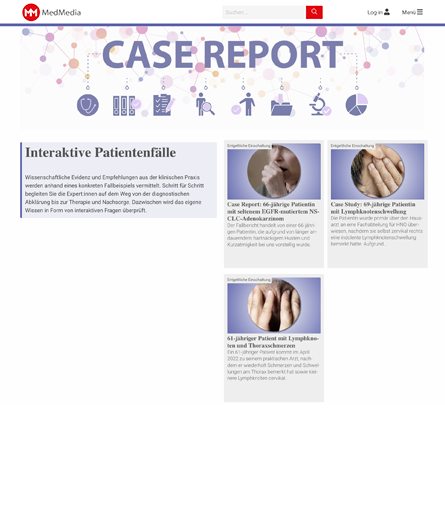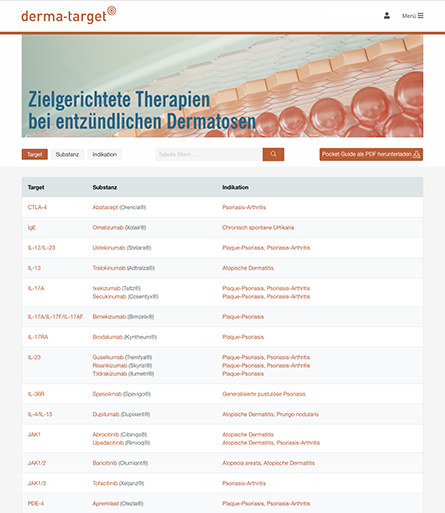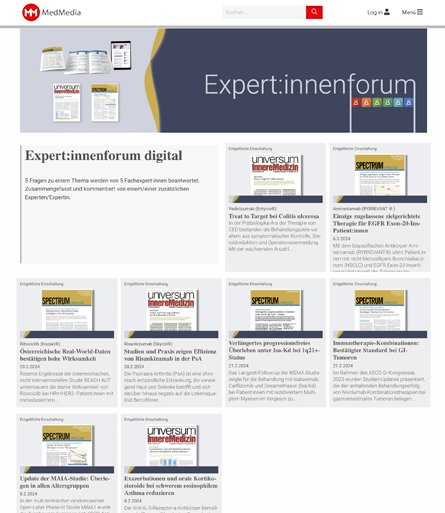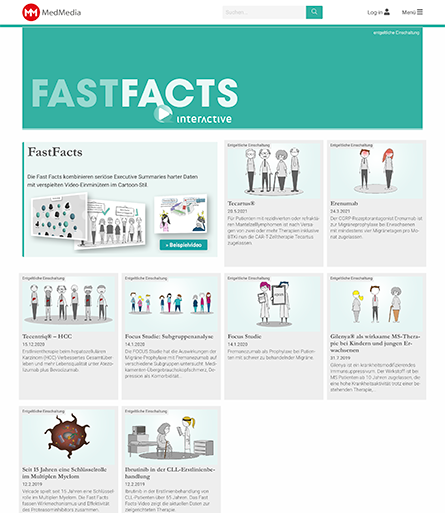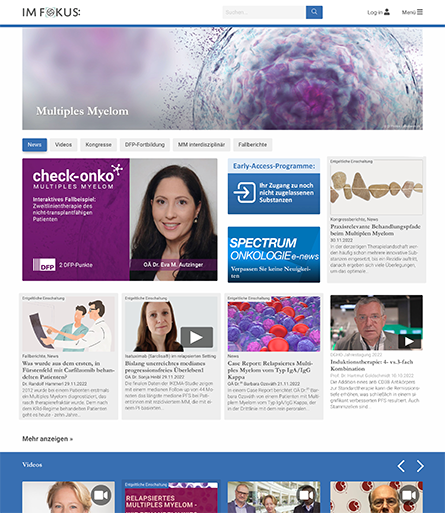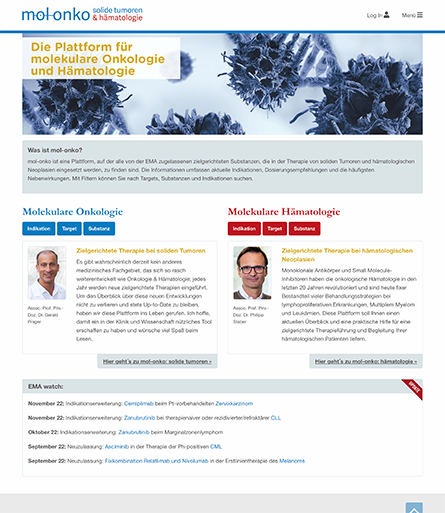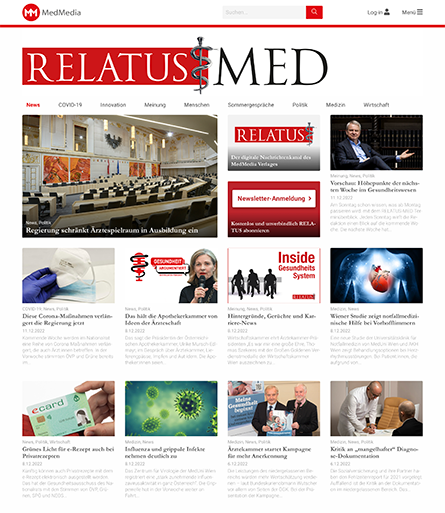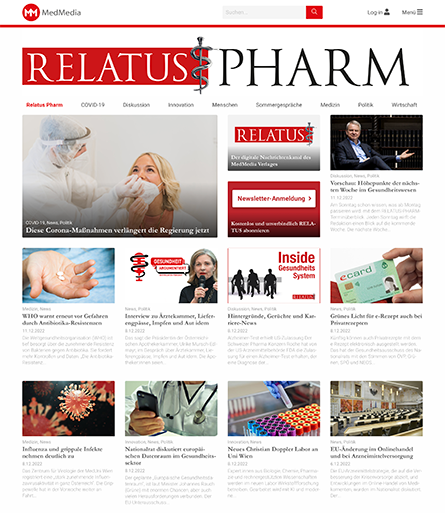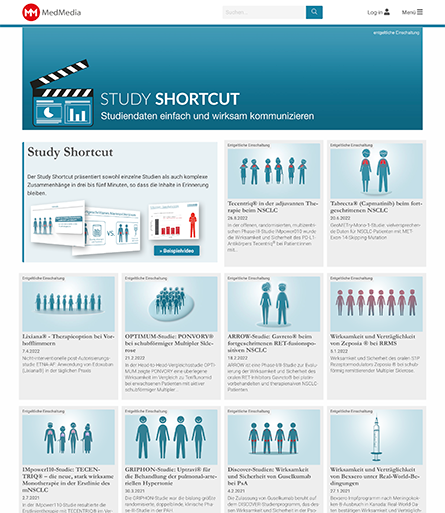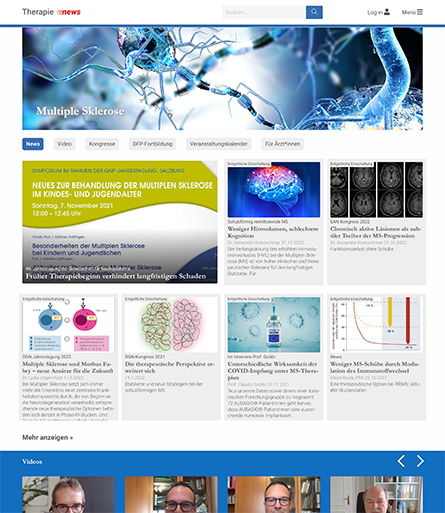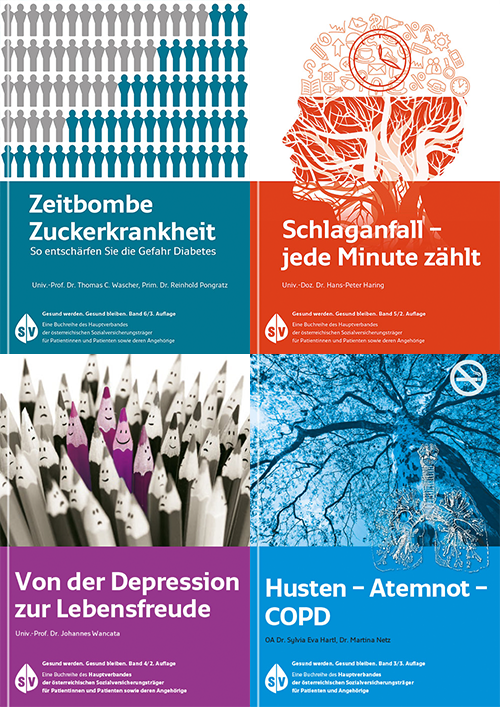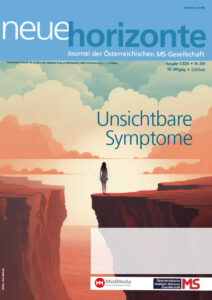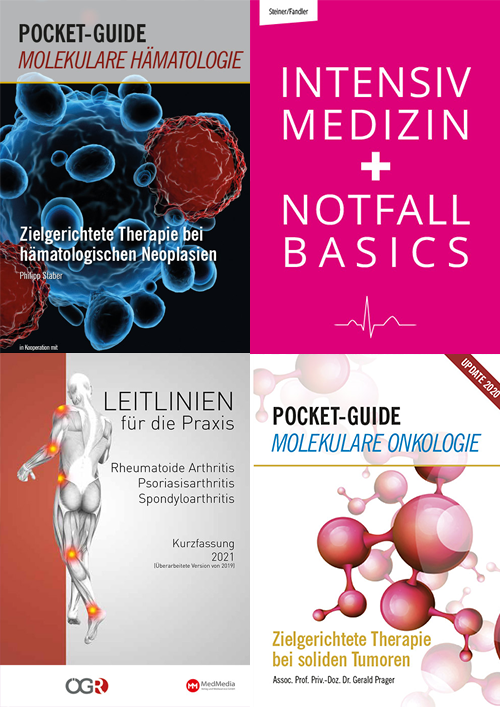Sie sehen gerade einen Platzhalterinhalt von Vimeo. Um auf den eigentlichen Inhalt zuzugreifen, klicken Sie auf die Schaltfläche unten. Bitte beachten Sie, dass dabei Daten an Drittanbieter weitergegeben werden.
Mehr Informationen
Das virtuelle ASCO20-Erlebnis zum Thema Brustkrebs war geprägt von „Daten, die dazu beitragen, das Bild des Mammakarzinoms, wie wir es heute haben, zu vervollständigen“, sagt Professor Rupert Bartsch im Video, was auch eine wichtige Studie zur Immuntherapie beim triple negativen Mammakarzinom beinhaltet. Interessant ist eine Studie zur Wirksamkeit von Olaparib „beyond BRCA1/2“, bemerkenswert eine Studie zur ZNS-Wirkung des HER2 small molecules Tucatinib. Wesentlich sind darüber hinaus Einschätzungen zur Therapiedeeskalation beim HER2-positiven Mammakarzinom und nicht zuletzt zur Rolle der Operation des Primums bei neu diagnostizierten Stadium-IV-Patienten.
Therapiedeeskalation beim HER2-positiven Mammakarzinoms
Neoadjuvante Therapie
- FELINE-Studie: Letrozol + Ribociclib versus Letrozol als neoadjuvante Therapy des HR+ Mammakarzinoms
Metastasiertes Mammakarzinom
- KEYNOTE-355: Phase-III-Studie mit Pembrolizumab + Chemotherapie beim Triple-negativen Mammakarzinom
- TBCRC-048-Studie: Olaparib Expanded „beyond BRCA“
- HER2CLIMB-Studie: Tucatinib, Trastuzumab und Capecitabin beim HER2+ metastasierten Mammakarzinom
Plenarsitzung
- E2108-Studie: Stellenwert der Systemtherapie bei de novo Stadium-IV-Diagnose (ECOG-ACRIN Research Group) – zusätzliche Operation des Primärtumors?
Biomarker
- Keynote-119-Studie: Studie zum Stellenwert der Tumormutationslast (TMB) für die Therapie mit Pembrolizumab beim triple negativen Mammakarzinom
- PEARL-Studie: Prognostischer und prädiktiver Wert von ESR1-Mutationen.
Primary analysis of KAITLIN: A phase III study of trastuzumab emtansine (T-DM1) + pertuzumab versus trastuzumab + pertuzumab + taxane, after anthracyclines as adjuvant therapy for high-risk HER2-positive early breast cancer (EBC). Nadia Harbeck et al., ASCO20 virtual, Abstr. #500
Three-year follow-up of neoadjuvant chemotherapy with or without anthracyclines in the presence of dual HER2-blockade for HER2-positive breast cancer (TRAIN-2): A randomized phase III trial. Anna van der Voort et al., ASCO20 virtual, Abstr. #501
Chemotherapy (CT) de-escalation using an FDG-PET/CT (F-PET) and pathological response-adapted strategy in HER2[+] early breast cancer (EBC): PHERGain Trial. Javier Cortes et al., ASCO20 virtual, Abstr. #503
Letrozole + ribociclib versus letrozole + placebo as neoadjuvant therapy for ER+ breast cancer (FELINE trial). Qamar J. Khan et al., ASCO20 virtual, Abstr. # Qamar J. Khan
KEYNOTE-355: Randomized, double-blind, phase III study of pembrolizumab + chemotherapy versus placebo + chemotherapy for previously untreated locally recurrent inoperable or metastatic triple-negative breast cancer. Javier Cortes et al., ASCO20 virtual, Abstr. #1000
TBCRC 048: A phase II study of olaparib monotherapy in metastatic breast cancer patients with germline or somatic mutations in DNA damage response (DDR) pathway genes (Olaparib Expanded). Nadine M. Tung et al., ASCO20 virtual, Abstr. #1002
Tucatinib versus placebo added to trastuzumab and capecitabine for patients with previously treated HER2+ metastatic breast cancer with brain metastases (HER2CLIMB). Nancy U. Lin et al., ASCO20 virtual, Abstr. #1005
A randomized phase III trial of systemic therapy plus early local therapy versus systemic therapy alone in women with de novo stage IV breast cancer: A trial of the ECOG-ACRIN Research Group (E2108). Seema Ahsan Khan et al., ASCO20 virtual, LBA2
Association of tumor mutational burden (TMB) and clinical outcomes with pembrolizumab (pembro) versus chemotherapy (chemo) in patients with metastatic triple-negative breast cancer (mTNBC) from KEYNOTE-119. Eric P. Winer et al., ASCO20 virtual, Abstr. #1013
Prognostic and predictive value of ESR1 mutations in postmenopausal metastatic breast cancer (MBC) patients (pts) resistant to aromatase inhibitors (AI), treated with palbociclib (PAL) in combination with endocrine therapy (ET) or capecitabine (CAP) in the PEARL study. Miguel Martin, Christoph Zielinski et al., ASCO20 virtual, Abstr. #1022

